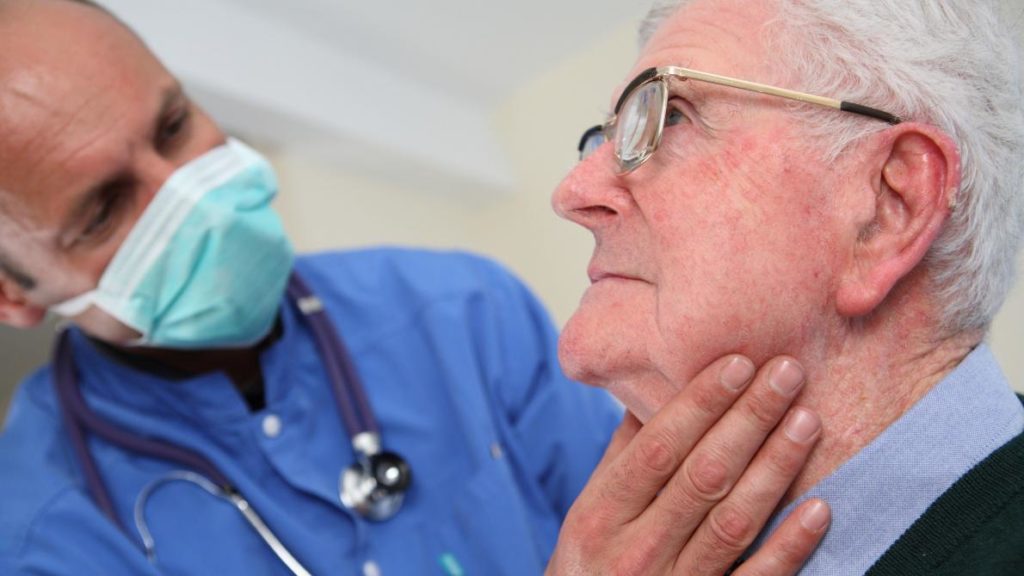General doctors in Belgium are sounding the alarm as they emerge as the main respondents to a raft of new coronavirus pressures, including a rise in new cases, mass return from holidays and family concerns over the back-to-school period.
As patients and families turn to them for testing and quarantine concerns, doctors' workloads have risen threefold in comparison to last year, Domus Medica, a Flemish association of general practitioners, said.
The group, along with other GP associations, are urging for governments to step in, warning of a looming bottleneck situation if the current surge in demand collides with the oncoming cold season, a typically busy period for practitioners.
Related News
- Belgium lacks 'clarity and transparency' on Covid figures
- Coronavirus epidemic gaining strength in every Belgian province
- Belgium in Brief: Should We Talk About Numbers?
"During the first wave of the pandemic, we focused on the overload of work in [hospital] intensive care units, now we have to talk about the limits in primary care," Jos Vanhoof of the Flemish Doctors Syndicate told De Morgen.
GPs have said that one of the main drivers of their surging workloads are patients who are asymptomatic but must go into the testing and quarantine circuit, as well as those who are concerned over potential risky contacts, whose first reflex is to turn towards their family doctors.
"The problem is that there is no government agency to take care of the asymptomatic cases and their follow-up," Vanhoof said, in warnings that come as the number of new positive cases rises steadily throughout Belgium.
Franky D'Argent, a GP in the Walloon town of Comines, blamed his crowded waiting room on a sort of "phone call hysteria."
"I get very demanding phone calls from people whose child has been in contact with another child whose friend is in the class of a teacher who is infected," D'Argent said. "And the whole family wants to get quarantined."
"Asymptomatic people have been sent to testing centres for two months. But all those who are being tested must also be talked through quarantine rules and about the potential to take a second test to end their quarantine four days earlier," Roel Van Giel of Domus Medica said. "And for this, they come to their general doctor again — we advocate for a parallel circuit for follow-ups after testing."
The associations are this week in talks with medical unions, government officials and virologist to explore ways to ease GPs' workloads, with Vanhoof saying doctors hoped the government would not "leave them out in the cold."
"At the moment, there are hundreds of different protocols that we have to follow, with differences for primary and secondary school students, for example," he said. "There is an urgent need for a uniform and simple protocol, both for doctors and citizens."
Gabriela Galindo
The Brussels Times

